How to Protect the copyright of Your Online Course
Copyright considerations are important for any business. They are particularly important for organizations who sell intellectual property online. This is a very real concern for anyone creating content and sharing it on the internet. In this article, we’ll explore the almighty copyright and how intellectual property works for course creators so that you don’t have to worry about anyone taking your hard-earned information online.
Copyright simply means a right to copy. Literally. A copyright gives the creator of original materials the right to copy. Meaning, you can copy your own work, but you can’t copy someone else’s work. In the case of a lecture, or online course, you have the right to teach that information and share it as you see fit.
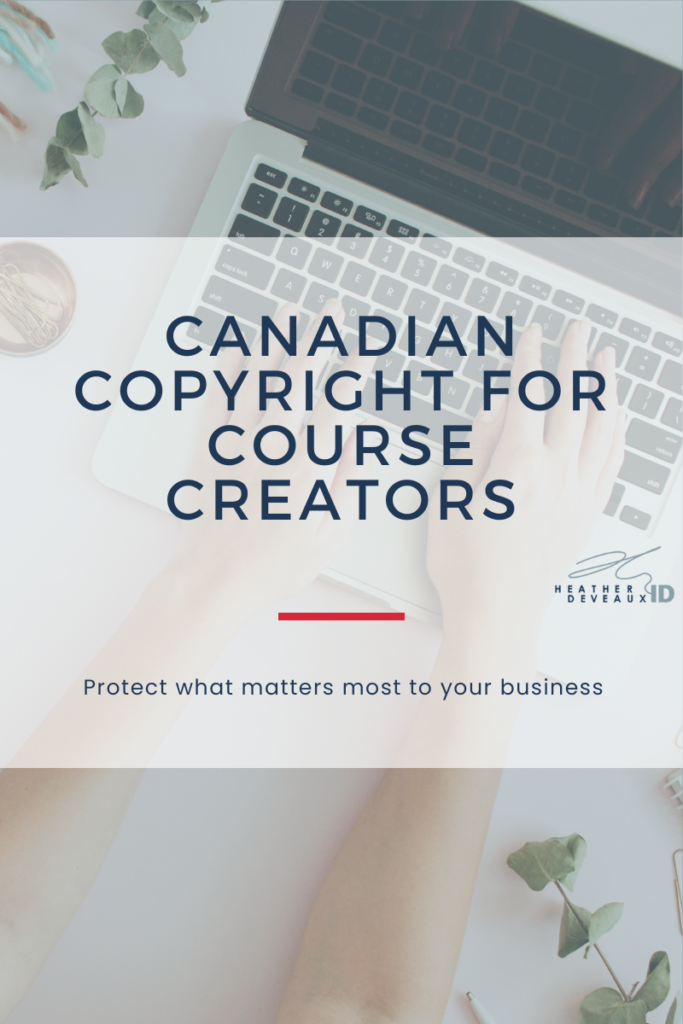
Intellectual property, on the other hand, is what goes into a document that is protected under copyright. Intellectual property is intangible creations of human intellect. So while your course content is dancing around in your head, it’s intellectual property. When you write it all down and put it into a course, it’s covered under copyright.
So, everything you create belongs to you under copyright… unless the information didn’t come from you and you’re infringing on someone else’s copyright. Yikes. And isn’t that what most people are afraid of, right?
A Little Context Around Copyright for Course Creators vs Instructional Designers
When I talk about creating courses for people and selling IP, what I mean is that I am contractually obligated to create an original course for them, of my own accord, with my own materials, or theirs, and do not include resources or sources from others, unless otherwise cited or permission is obtained. But listen, unless you are getting into the course creation business as an instructional designer, you don’t need to worry about any of this (if you come to work with me).
I’m using this as an example to share with you that your fears of people ripping off your online course are founded. I bet you didn’t think I was going to say that, right? I know, it’s a shocker because you probably came here looking for reassurance that this wouldn’t happen. But come on now, you know me. I tell it like it is. This is what it looks like and this is what you need to be aware of if you get into this game. Lucky for you, there’s a playbook. You don’t have to go into this blind and without information.
When you work with me, I’ll interview your potential students and find out what problems they have that you can solve with your online course. What I don’t do is send you out into the marketplace to search for competitors or find out what else people are offering in the online course world that is the same or similar to yours. You can do this extra step if you want to, but personally and professionally, I find it muddies the waters. Plus, talk about messing up your confidence.
Imposter Syndrome Doesn’t Have to Ruin Your Online Course
All it takes for some new course creators to turn the other way is to see someone offering something similar and then all hell breaks loose in the imposter syndrome department. And we’re not about that here. I’m all about getting you to the finish line as fast as possible and to do that, we have to skip some steps that would otherwise slow you down.
But here’s the thing: I’m confident in your course even if you don’t do a competitive analysis because when you focus on solving problems for your students based on your experience, education, and skills, you reduce the risk of infringing on copyright significantly. Because you’re creating from your head and your heart – I help you do that. Even the most technical, worksheet- heavy course can still be written from a place of knowing and not a place of infringing. And if you do happen to have lots of content that you are using to make a point, demonstrate an example, or walk people through a system, then all you need to do is provide copyright information for that.
Course Creation Can Get a Little Dirty if You’re Not Careful
Now, this is where things get a little dirty in the course creation world. There are people out there who will sign up for a free worksheet, or who will take a course, scraping it for everything they can, only to turn around and create a different version of the worksheet. Brand it in a new way, give it a different title and be on their merry way passing this off as original work.
I’ve had people admit to me they’ve done this and they say it like it’s no big deal and everyone does it. You probably know what I’m going to say next: just because everyone does it, doesn’t make it right. Or legal for that matter. And these people will tell you they are full of integrity. I guess their dictionary doesn’t have the definition for integrity because this is certainly not the actions of someone with integrity.
Look, I’ve been around the block. I’ve had lots of businesses approach me and ask me to create something similar to or along the lines of whatever kind of course. And without ever seeing those other courses, I can create something for them using my research skills, education, and experience, plus their own materials. I was once asked to take a course and find out what they were teaching and then create something similar and I said no. And then had to explain that while that’s not technically illegal, it’s not right. I’d rather create something original. And I bet you would too.
I know this happens and it breaks my heart because it keeps so many people who have wonderful things to share and teach from getting out there and doing it. So to help you combat this fear and to help you avoid having to worry about any of this, I have created systems that ensure I don’t cross the line and ensure you can protect your copyright and intellectual property once I’ve created your course.
Copyright Considerations Taken into Consideration for You
Anything you think of in your mind that is considered an original thought is your intellectual property. We focus on this in my work by getting you to solve problems for your students. Using your experience, education, and expertise, you address problems. I create original worksheets, assets, and video scripts for you so you can record original video clips. We don’t talk about searching for more information online. This is about you. This is about creating YOUR course, not reworking something that already exists. We’ve baked these fail-safe processes into our programs so you don’t have to think about them.
How Are Students Accessing Your Materials?
The next thing you want to think about is how students access your materials. Don’t run the risk of letting just anyone into your course. Even if you have a “buy button” on your website, you can remove people and refund their money. You don’t have to be married to any clients that don’t meet your standard. I encourage you to create an onboarding system that involves high touch points on your part. For example, I encourage you to have a discovery call with your potential students. And only send them the link to join your online course after you’ve determined they are a good fit. You can learn how to determine fit in your onboarding process.
You Can Handle the Pressure, But Why Bother?
It’s not that I don’t think you can handle these conversations; of course you can. But my job is to reduce the friction caused by creating an online course as much as possible. I walk you through the steps quickly and easily and tell you what to think about, what to do, and we leave the rest on the cutting room floor. Because it slows you down while trying to create your online course. It’s all taken into consideration for you. No need to fret.
Let’s Talk About Creating Your Online Course
So if you’re frozen because you’re worried that someone is going to upend you, don’t worry. I can help you create a course that will put all those fears to rest once and for all. To learn more, book a call with me now. I’d love to help you create a unique and transformational online course for your students starting right now.
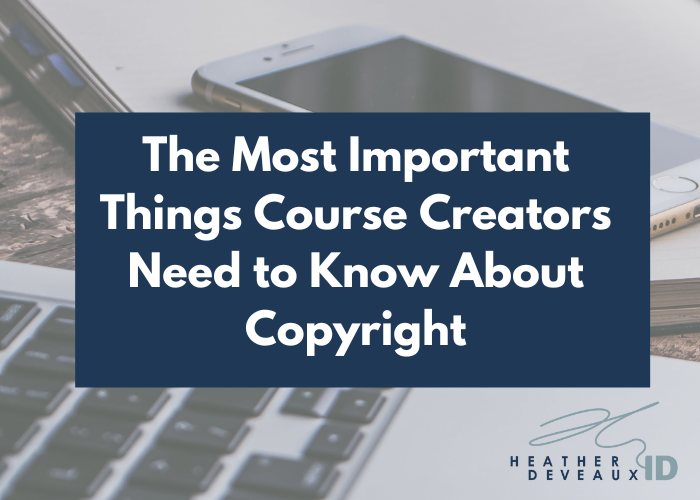
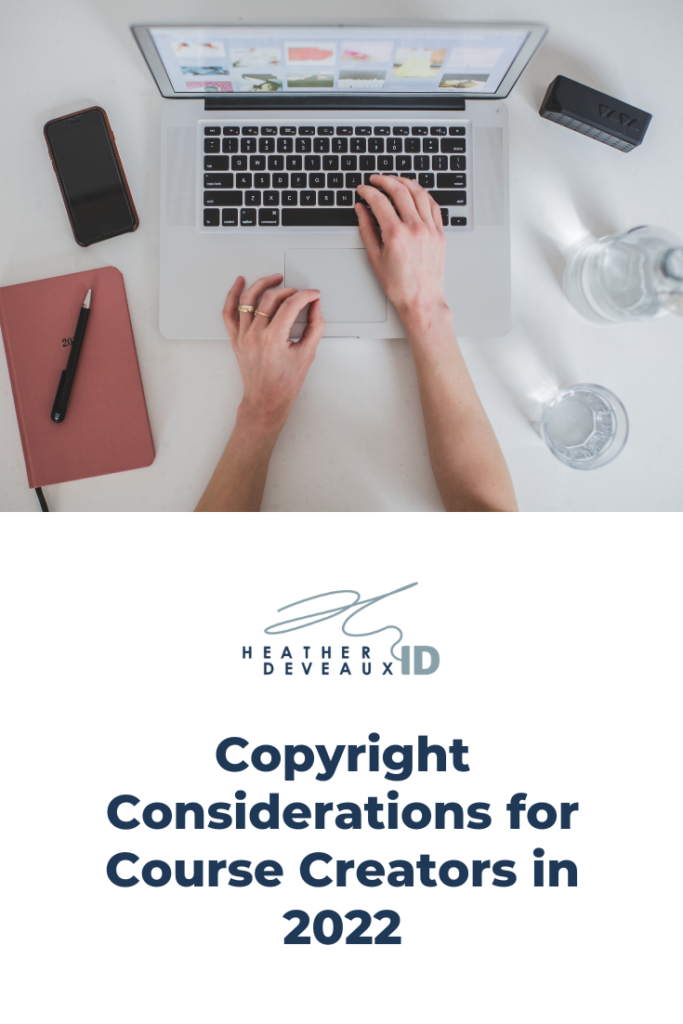
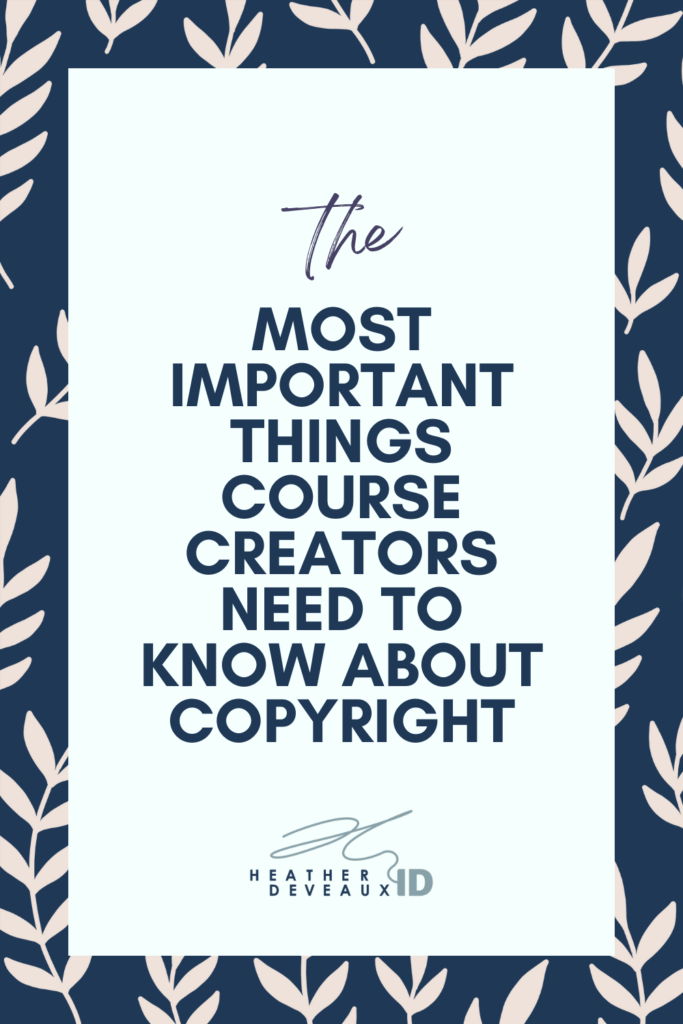
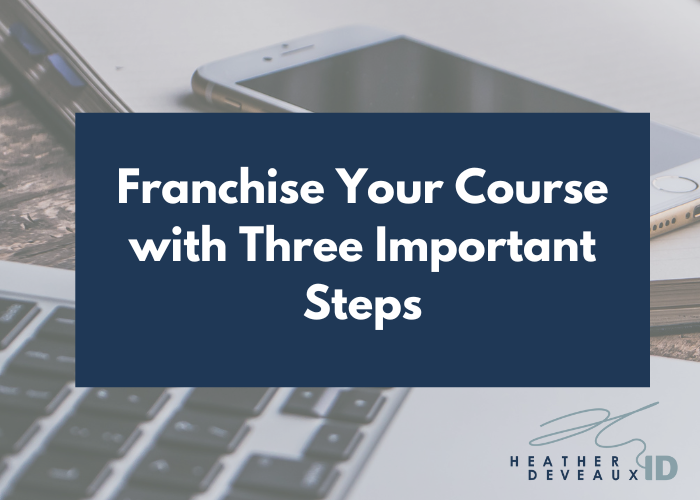
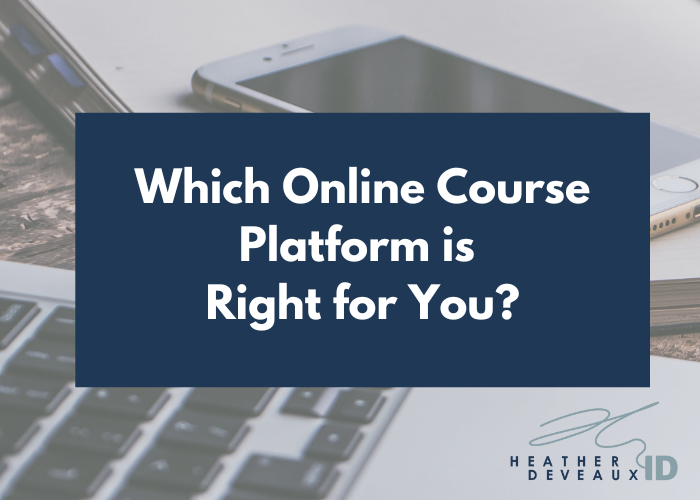

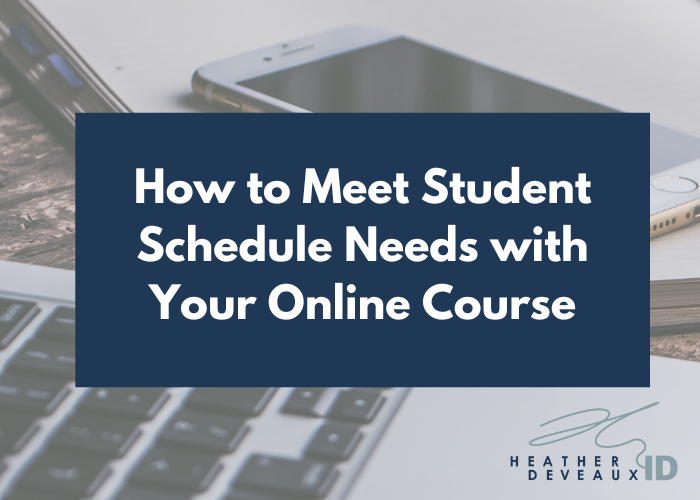
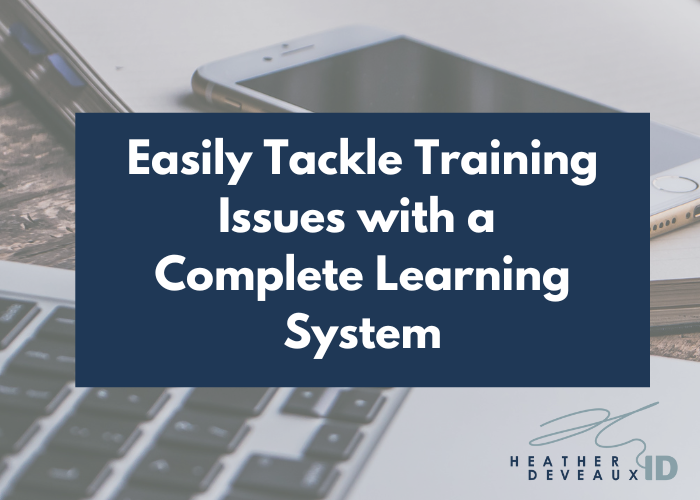

2 Comments
Comments are closed.